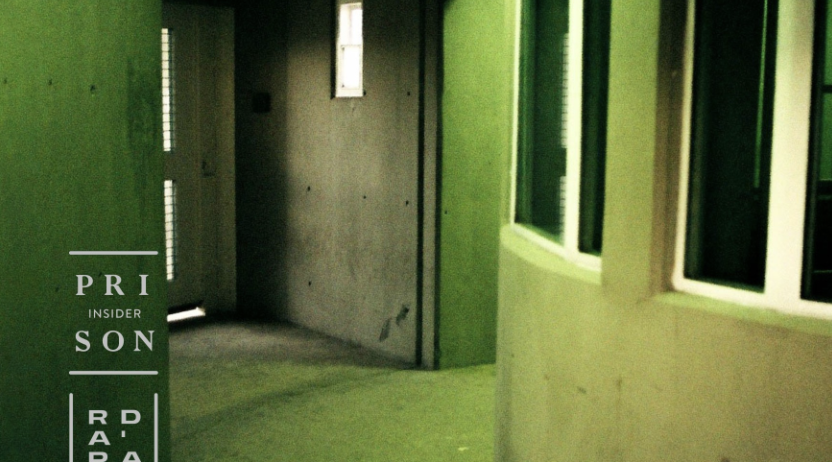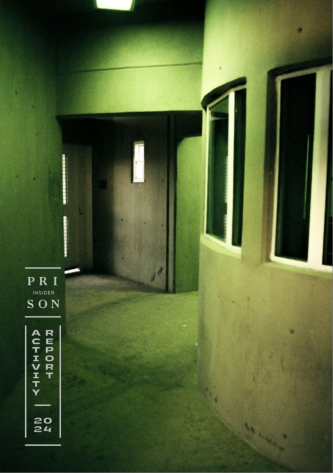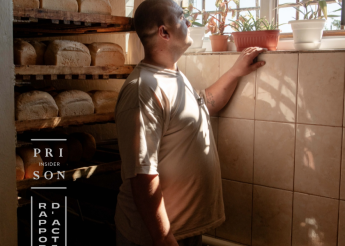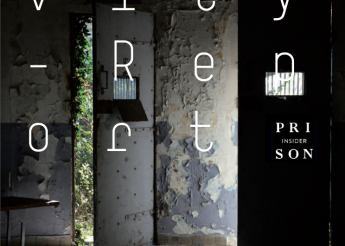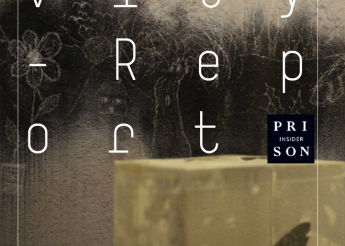“The prison has become a looming presence in our society to an extent unparalleled in our history or that of any other industrial democracy.”¶
- ELLIOT CURRIE, Crime and Punishment in America¶
Indifference is not an option in the face of the chilling rise in extreme hatred. The instruments for defending human rights established in peacetime are no less relevant in wartime. At a time when the information battle can be disorienting, documenting the prisons of the world is a daunting task. Striving for the transformation of prison conditions means embracing complexity above all else: denouncing rights violations without yielding to simplistic solutions or dramatic positions. It means analysing, explaining and giving insight, to contribute to producing credible responses. And if we want to move the needle, we have to agree to engage with those who think differently.
Prison is a pitiless mirror of our societies. It claims to lock up the flaws of individuals, but it mainly reveals those of the structures surrounding them. No one can ever be summarised by a single action: there is a context, a story, a tangled web of causes that led to the offence – when detention is not purely arbitrary, that is. And if society does not want to tolerate certain behaviours, it is responsible for preventing them from emerging. That is the role of public services – social services, health care and education.
These days, we know that prison does more harm than good: it breaks the people it locks away, and their loved ones, and it wears out those who keep it running. The studies show that it does not address insecurity or reduce recidivism. In 2020, many countries successfully cut back on their reliance on imprisonment, without creating any new legal instruments. What would it take today to remind us of our ability to take action?
Strong foundations have already been laid. They have been, at least in theory, approved by the majority of States. The international frameworks assert that incarceration must remain a last resort and that it must only deprive people of their liberty, without infringing upon other fundamental rights.
Information is the best weapon. We bet it could be the antidote to the illusion of repression and the manipulation of ignorance.
